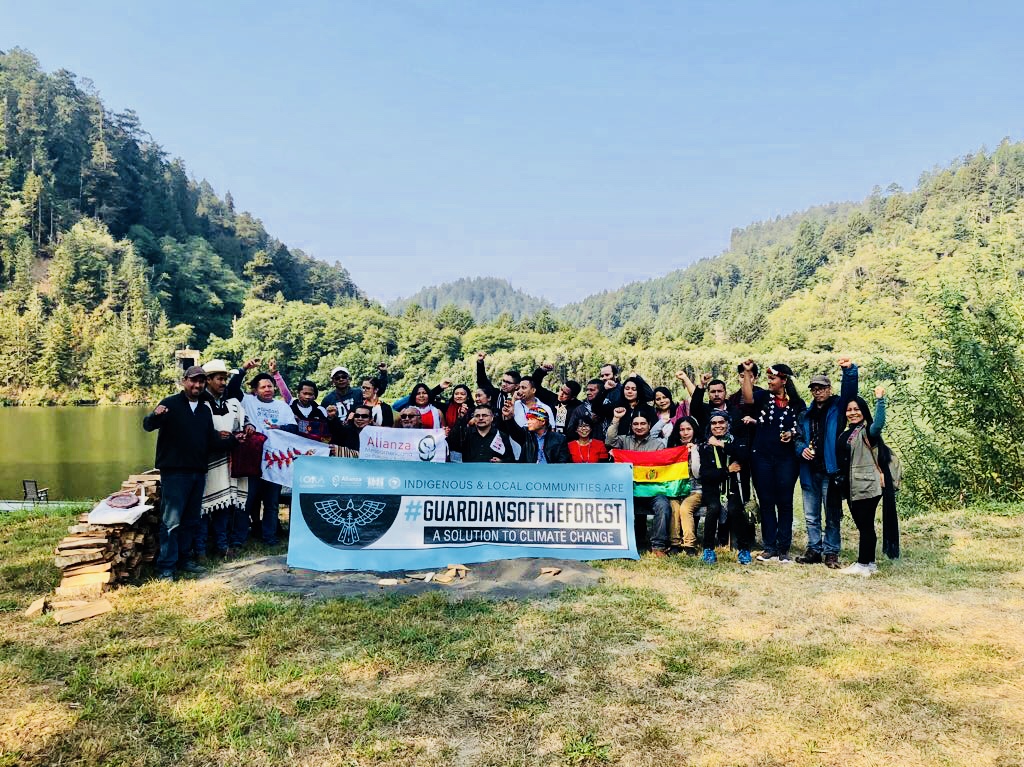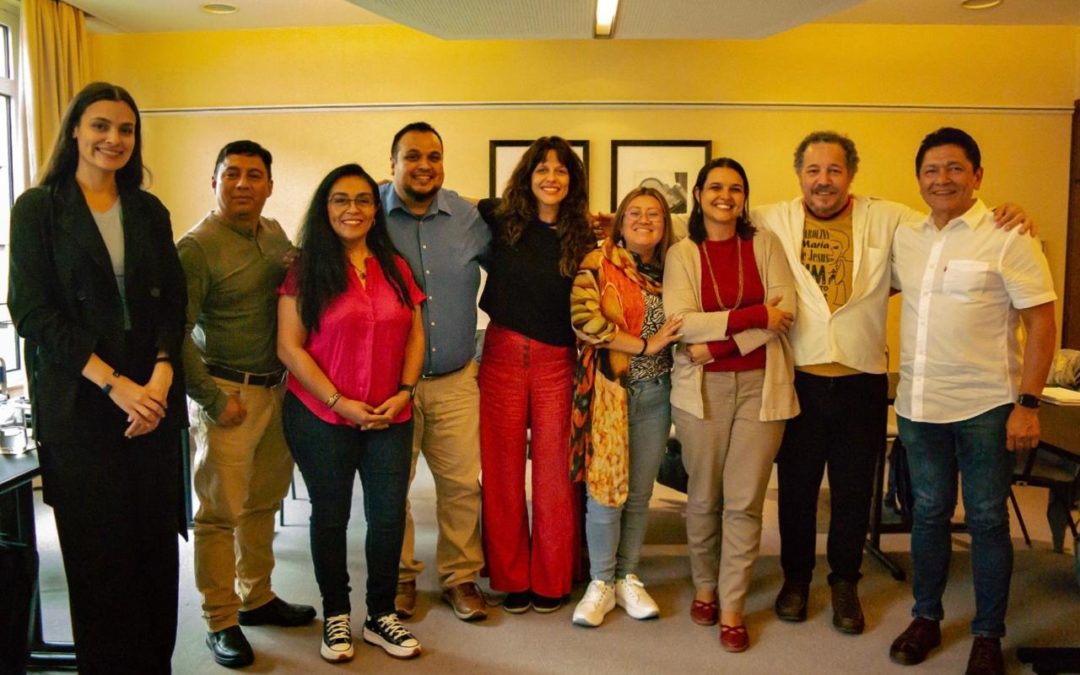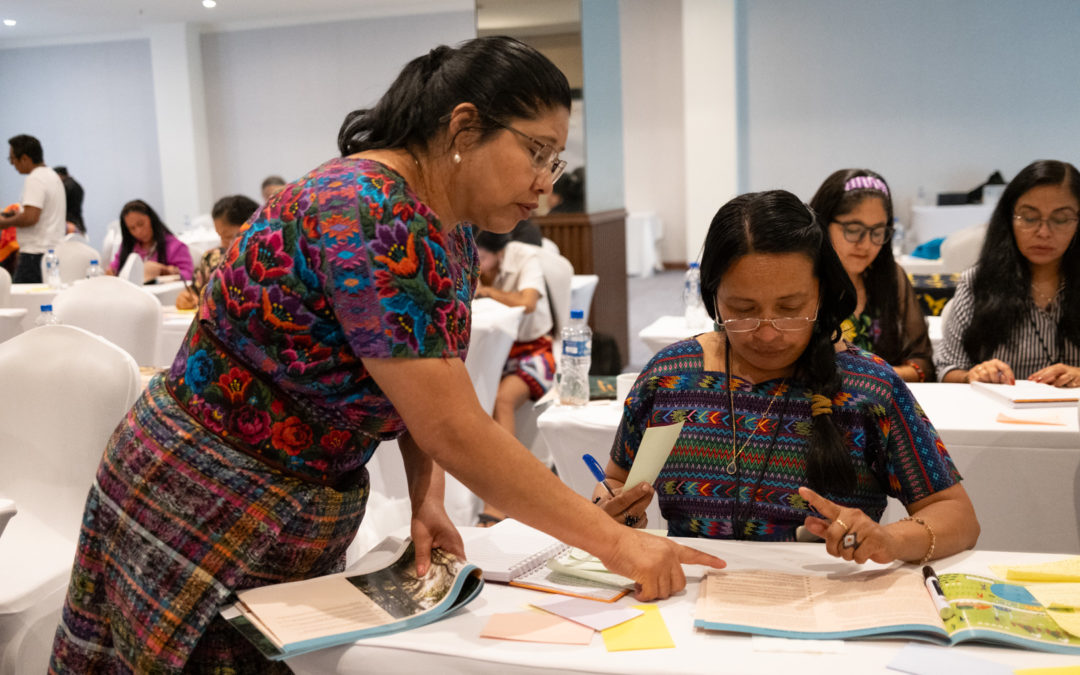A delegation of indigenous and forest community leaders from Mesoamerica and other key world regions in the protection of the environment are visiting Yurok Tribe territory in Klamath, California. This Tribe has preserved more than 8,000 acres of forest lands for over 100 years.
Guardians of the Forest, the initiative driven and composed of indigenous and local community members of the Mesoamerican Alliance of People and Forests, the Amazon, Indonesia and Brazil, is present in Yurok territory to share experiences and further understand the positive impact generated by more than 800,000 carbon compensation credits from which the Yurok communities have been able to subsist, recover lands and contribute to climate change mitigation.
The Yurok Peoples’ enterprise has been a joint strategy with the government of California in their forest fire management program. The program is co-managed by California’s Environmental Protection Agency. In this opportunity, the Guardians of the Forest, who shelter 24% of the planet’s forest carbon and 80% of its biodiversity, will share experiences in order to improve regional strategies.
The Klamath camp is part of the activities prior to the Global Climate Action Summit, to take place during September 12-14 in San Francisco. The Summit will be a meeting space for states, regions, cities, companies, investors and citizens to share their advancements in climate action. The event has been summoned by the government of California.

Mesoamerican leaders present in Yurok. In the image from Left to Right, Giuseppe Villalaz, Sara Omi, Jose Velásquez, Cándido Mezua and Sergio Guzmán.
Mesoamerican leaders in Klamath
Leaders from Mexico, Guatemala, Honduras and Panama join the Klamath camp as part of the Mesoamerican Alliance. We now share a little bit about each of them:
Giuseppe Villalaz, young guna from the Gunayala District, member of the Youth Board of Directors of the General Guna Congress. He has more than 8 years of experience participating on the local, national, regional and international level on indigenous rights, including biodiversity and forests, food sovereignty, right to Free, Prior and Informed Consent and autonomy for Indigenous Peoples.
Sara Omi Casama is Coordinator for the Mesoamerican Indigenous Women Leaders Network. President of the Embera Congress of Alto Bayano, in the Darién forests of Panamá. Embera and Wounan indigenous communities total 15,000 people in Panama, most of their territory is tropical forest that has been managed by the communities for centuries. Two communities in Alto Bayano recently obtained title deeds for their lands, as a result of a milestone verdict from the Human Rights Interamerican Court. Sara is a Human Rights expert, specialized in Indigenous Peoples rights, indigenous women and youth,and has worked with the Emberá and Wounaan Youth Organization of Panama (OJEWP).
José Uriel Velázquez Cerón was born in Chignahuapan, in the Northern Range of Puebla State, in Mexico. This region has a population of 51,516 and is populated by coniferous forests. Uriel works in sustainable management activities and communitary silviculture as part of the “Union of Ejidos of Production, Exploitation, Commerce, Agropecuary and Forest Industrialization of the Northern Range of Puebla S:P.R. de R.L. de C.V.”.
Cándido Mezúa is an Emberá leader from Panamá. He has wide experience in programs and projects on social and environmental issues, land management, alternative conflict resolution and international cooperation. He has previously worked for the Emberá-Wounaan General Congress as a Technical Advisor for Chiefs and Boards of the Congresses.
Sergio Guzmán is project manager for “Reduced Emissions from Avoided Deforestation in the Multiple Use Zone of the Maya Biosphere Reserve in Guatemala (GuateCarbon)”, an initiative by the Association of Forest Communities of the Petén (ACOFOP). He has more than 10 years of experience working with forest communities of the Mayan Biosphere Reserve in sustainable forest management and sustainable productive projects.



